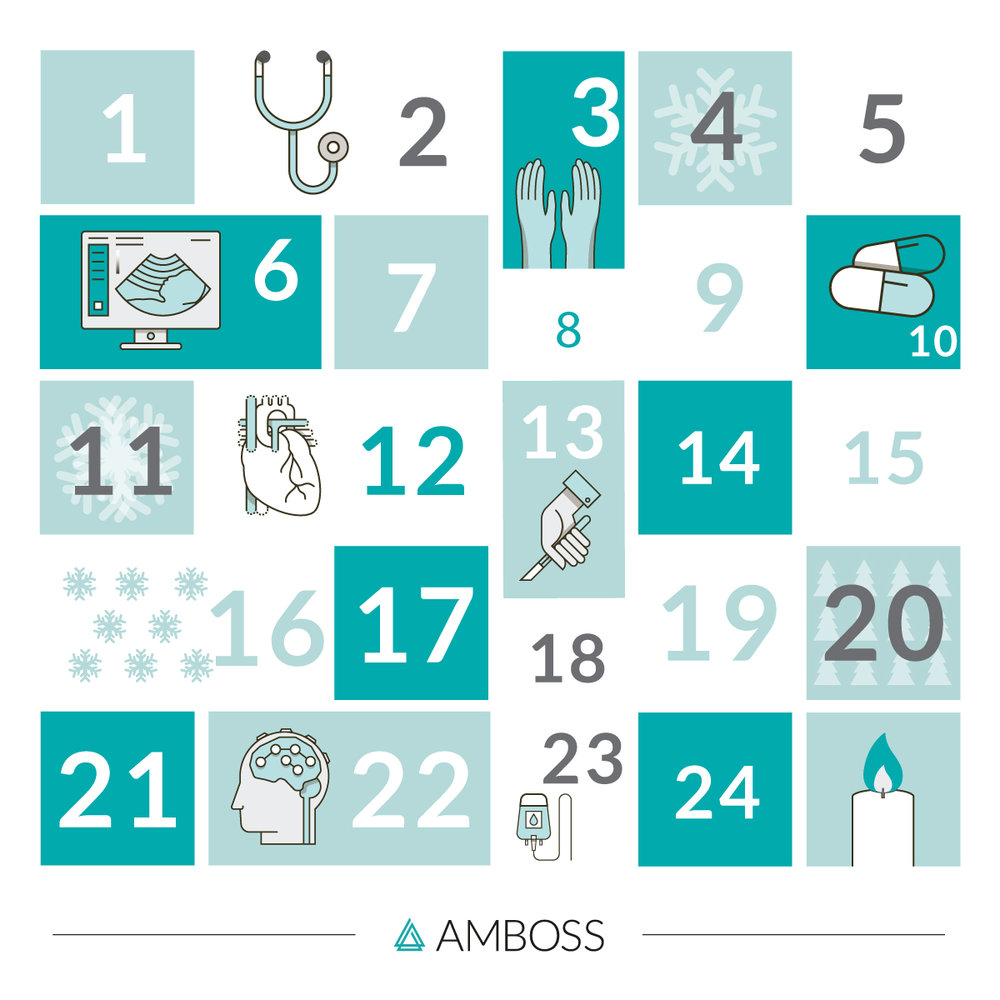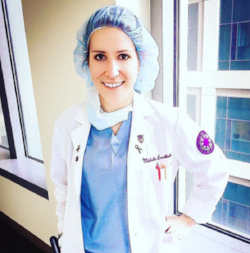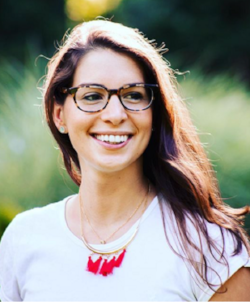From Volunteer to Physician

As medical students, we realize that helping people is the right thing to do, and is often the very reason that piqued our interest to study medicine in the first place. While in med school, there are many important endeavors we take part in, from participating in cutting-edge research to drafting public health policy. It is therefore often difficult to find the time to pursue other high-yield passions. Giving our time and energy to those in need is one such passion.
This post is less centered around those moments when we succumb to boosting our resumes and applications. Instead, this article is anchored on the notion of using our skills as medical students to assist others, which may also help us professionally. And what better time than now - with the holidays and the accompanying spirit of giving fast approaching? Meet two medical students that have dedicated their time and energy into the very reason they began their journey in medicine - to give back to those in need through charity and volunteer work. Here’s to some holiday cheer and altruism in medicine!
Michelle Lundholm, Internal Medicine Resident, Northwestern University

Michelle tells us about her experience training in a Veteran hospital, and the meaningful interactions she's had with those who have served our country.
“One of my favorite things about my internal medicine program is that we spend about half of our training at the Edward Hines, Jr. VA hospital. The Veteran’s Affairs is unlike any other hospital system in the U.S., with a distinctive mission to care for those who sacrificed and served our country - at no cost to them. Over the last two months, I have been working in the intensive care unit treating some of the sickest veterans in the Chicagoland area. It has not always been easy, but I’ve enjoyed hearing each patient’s story. This has impacted my study of medicine by drawing my attention to many prevalent health issues in this population, such as opioid addiction, alcoholism, PTSD, chemical exposures, such as Agent Orange, and traumatic brain or spinal cord injuries. With Veteran’s Day just behind us and the holidays quickly approaching, veterans are disproportionately affected by ‘holiday blues,’ depression, and suicidality. There is no better time to thank a veteran and recognize the sacrifices they’ve made for our country. Also, there are many opportunities for people to send thank you letters to active military members who cannot be home for the holidays. Overall, I’m very grateful to have this ongoing opportunity to take part in veteran’s care, and I encourage everyone to consider making a VA hospital part of their medical training.”
With Veteran’s Day just behind us and the holidays quickly approaching, veterans are disproportionately affected by ‘holiday blues,’ depression, and suicidality.
Laura Henry, MS3, University of Pennsylvania

Laura shares her experience volunteering in New York City’s Hospital for Special Surgery, and how her daily interactions with patients has inspired her as a medical student on rotations.
“A high-volume hospital in Manhattan can be very overwhelming, so I always felt that people appreciated it immensely when I would take them to wherever they needed to go or update them on the progress throughout the day. I loved seeing the relief that families experienced when I informed them that the procedure went perfectly. Additionally, I really loved the other volunteers I worked with, many of whom were applying to medical school or were retirees wanting to pitch into their community. Overall, there was a great sense of camaraderie.
“By volunteering at HSS, I learned a really important lesson about clinical medicine. While applying to medical school and taking the MCAT is very science-heavy, a volunteer position like HSS reminds you that medicine is also very people-heavy. At the end of the day, you use the biochemistry, pathology, and physiology for the patients. Medicine is an incredible profession, but it is most certainly one of ‘service.’ HSS taught me about the power of the little gestures - taking a patient’s coat, getting them a chair, or bringing someone a glass of water when they’ve been in the waiting room all day. I think these ‘simple gestures’ are undervalued. I have found, throughout my clerkship year, that patients and families are surprised and overwhelmingly appreciative when I try to help in little ways like that.
A volunteer position like HSS reminds you that medicine is also very people-heavy. At the end of the day, you use the biochemistry, pathology, and physiology for the patients. Medicine is an incredible profession, but it is most certainly one of ‘service.’
“Alongside your defined role as a volunteer, there is a lot of osmotic learning that goes on by just spending ‘enough’ time in a hospital. While my job was to check patients in for surgery, this gave me a bit of a window into the ‘operations’ side of the hospital. A place like HSS has operations down to a true science. I got to learn how hospitals maximize efficiency - something I found interesting coming from a business background. Also, other employees of the hospital recognize that volunteers are donating their time. As such, the doctors and nurses always seemed incredibly willing to let me watch procedures or help out in the pre-op unit. I think, as a volunteer, you have the ability to expand on your role and involvement as much as you want to.
“Volunteering taught me about the power of information. Families waiting for their loved ones to come out of surgery were so relieved by any information or updates. I’ve applied this knowledge to my clerkships at Penn, trying to update patients and families as often as possible with new lab results, imaging studies, and clinical decision-making. Volunteering before and during medical school is an amazing way to engage with your community as well as learn more about the values important to you and your clinical practice.”
Volunteering before and during medical school is an amazing way to engage with your community as well as learn more about the values important to you and your clinical practice.
It’s no secret that the majority of medical students are competitive - wanting to be great at whatever endeavor we take part in. So, let’s set ourselves up for success by doing well during our clinical rotations, while conducting research, when drafting or reviewing policies, and/or pursuing entrepreneurship opportunities. But don’t forget about the power of volunteerism. Our community’s free clinics are a good place to start! Happy holidays from the AMBOSS family to yours!
How are we, at AMBOSS, giving back to the community? Together, with the Institute for Indian Mother and Child (IIMC), and its founder, Sujit Brahmochary, MD, we are committed to breaking the vicious cycle of ‘lack of education,’ and poverty and disease. Therefore, we have started the construction of a school in India. Interested AMBOSS users are welcome to get involved. You can donate by following the link below, or, for German AMBOSS users, activate “India School Building” in the AMBOSS shop. Give you contribution and donate now.
